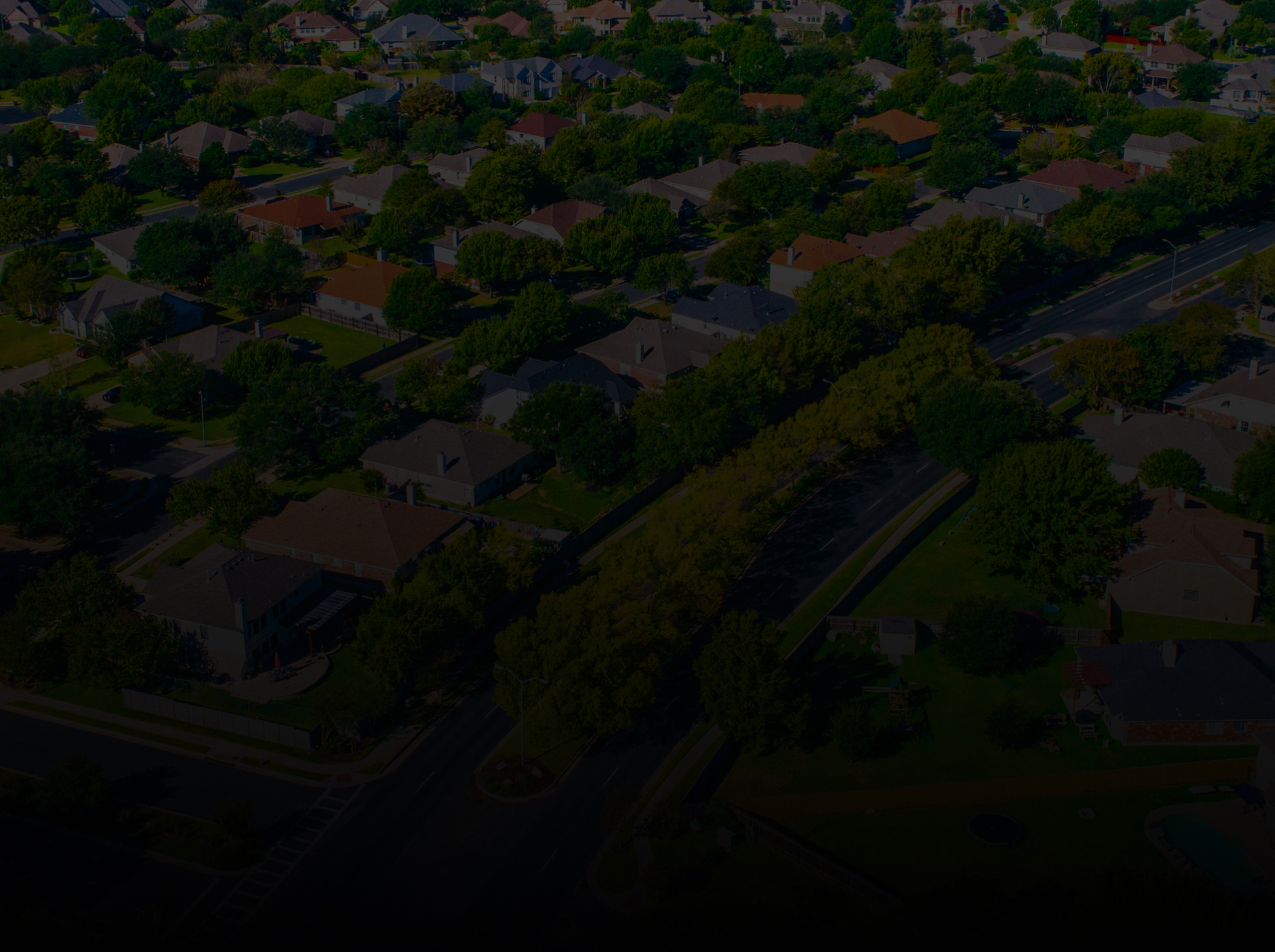About N2 America
N2 America is committed to promoting and supporting center-right policies and ideas that better the lives of families, especially in America’s suburbs.
OUR Mission
01 Serve as a research hub to test and distribute survey research on policies important to the suburbs.
02 Convene policy makers and experts to form and discuss suburban-focused policy initiatives.
03 Engage and educate suburban Americans on policies and issues that impact their quality of life.
Leadership

Liesl Hickey, Founder
Liesl Hickey is a veteran political strategist who has worked at the highest levels of politics and issue advocacy. She has directed large-scale campaign operations and high-profile public affairs efforts. She has spent her political career crafting messages and strategies for Republicans on how to win in suburban areas, with a focus on women voters.

Marie Sanderson, FOUNDER
Marie currently is a Founding Partner at GuidePost LLC, Partner at 50 State LLC, Principal at Cardinal Group Policy, and Senior Advisor at IMGE. Marie serves on several boards and commissions including the statewide Mississippi Arts Commission Board of Directors and the Children’s Advocacy Centers of Mississippi Board of Directors. In 2020, she and her husband, Brian, founded the MS 30 Day Fund, a nonprofit dedicated to providing financial support to Mississippi’s small businesses impacted by the COVID-19 pandemic in the form of forgivable loans.

Generra Peck, Senior Advisor
Generra Peck holds more than a decade of experience leading complex political, communications, and issue campaigns. Most recently, Generra led a multi-million dollar issue advocacy campaign to get the USMCA trade deal passed in Congress. Prior to that she served as policy director on Ed Gillespie’s 2017 Virginia gubernatorial campaign. Generra’s speciality is taking complex policy issues and executing the most effective political and communications tactics to achieve results. She has held senior roles in more than a dozen political organizations, gubernatorial offices and transitions, and policy advocacy campaigns.

Zack Roday, Senior Advisor
After a dozen years working in Congress and for state and federal political campaigns, Zack Roday is an experienced communications and political strategist. He has shaped winning strategies around many hotly contested issues and political debates across the country.

Robert Blizzard, Partner, Public Opinion Strategies
Blizzard’s political experience includes polling for two presidential campaigns, major statewide races across the country, major party committees and Super PACs, and for dozens of Republicans in the U.S. House. And, in the last four election cycles, Blizzard has polled for GOP state legislative caucuses in Alabama, Connecticut, Kentucky, Ohio, Michigan and New York.
Methodology
Working closely with N2 America and other conservative partners like SGLF, Public Opinion Strategies conducted weekly qualitative research among a panel of 40 suburban voters from the following states:
Arizona, Georgia, Florida, Iowa, Kansas, Michigan, Minnesota, Missouri, New Jersey, North Carolina, Ohio, Pennsylvania, Texas, and Wisconsin.
We recruited to ensure a mix of gender, a mix of age, and a mix of background/employment. We enlisted only college-educated voters, and only soft Republicans, Independents, and soft Democrats to get a real close view of “swing voters” in these suburbs.
Respondents, logged into a bulletin board discussion group at different times during the day each week to answer questions posted by a moderator while reading and responding to other participants’ posts. It was more of an online community for participants.
This group of suburban voters discussed questions ranging from politics to recent events in the news. The panel assembled weekly from the end of May until Election Day, for 23 consecutive weeks.
2020 Election
Important to remember: Suburban voters have historically been right of center, but they shifted away from Trump at the ballot in 2020.


![]()
*Exit Polls; NBC/WSJ Polling
In the week leading up to November, our research seemed to foreshadow the eventual election results – a divided DC.
Suburban voters saw issues with both sides of the aisle, believing there is a serious lack of moderation, cooperation, and bipartisanship.
Voters shared how they would prefer to see a divided government in Washington, in fact, many even said they would vote for a Republican candidate to act as a check and balance to a Biden presidency.
Moreover, these voters – who believed Biden would win – wanted Democrats to be wary of the more progressive side of their party, to not push for too much change, and to also come back to the middle.
An Arizona female voter believed “we need to start compromising and representing average Americans, not extreme right or left, and not politicians that only care about being re-elected. Having mixed groups in power will ensure that some conversation and negotiation need to be held.”
A Pennsylvania female voter wanted divided government “because disagreement may lead to things happening in Washington, despite the fact that it never has before. But if either Democrats or Republicans had complete control it does leave out a significant portion of voters who may think opposite to the party in power.”
Economy/Jobs
Suburban voters viewed President Trump and Republicans (rather than the Democrats) as better suited to fix the nation’s economy.
These voters recognized Trump “is a business guy” and “make[s] very business-minded and money-minded decisions.” Several suburban voters highlighted that before Covid, the economy was booming, and unemployment was the lowest it has been in years” and attributed that to President Trump and GOP leadership.
“Republicans have a better philosophy in this area, and I believe that will continue. They understand that free enterprise is the secret to a strong economy and are willing to support this with their actions to a greater degree than the Democrats.”
– GEORGIA MALE
“Before the virus hit this year the economy was booming, unemployment was extremely low.”
– FLORIDA MALE
“The Republicans are dedicated to getting people back to work and reopening. The Democrats are more interested in keeping people home and giving them more unemployment and stimulus checks. That will only hurt our economy further.”
– FLORIDA FEMALE
“I think Trump might do a better job because of his business background. I also believe he will do a better job based on how he stimulated the economy during the pandemic and country’s shut down. I do not know enough about Biden to say how I think he will do with the economy.”
– MINNESOTA FEMALE
Taxes
Suburban voters hesitated to vote for Joe Biden and Democrats because of “their tax policies.”
Suburban voters shared concerns about the tax policies of the Democrats and liberal tax policies was one of the biggest hesitations suburban voters had about voting for Democratic candidates.
These voters believed an increase in taxes will be detrimental to the economy and worry it will slow or impede an economic recovery, especially because of the current state of the economy.
“I’d fear that the far left could impose more tax spending resulting in new and higher taxes. Currently the economy is doing well, but increased taxes could slow the economy significantly.” – MICHIGAN MALE
“Taxes would increase by 30+ percent. Jobs would be outsourced to other countries. My finances would without a doubt be negatively impacted. They openly state that taxes will increase.” – OHIO MALE
“The main issue is raising taxes because Biden does not give me confidence that he will not raise taxes proportionately on all classes of people. He also doesn’t give me confidence that… he will use the money wisely.” – GEORGIA MALE
Concern over the Radical Left
Suburban voters pointed to Biden’s, and other Democrats’, openness to further left ideas as a point of concern. And, these voters expressed fear about Biden being able to stand up to the more progressive wing of his party.
“Biden doesn’t seem to be able to speak for himself. I am honestly not sure that he knows enough to make decisions. I don’t know that Biden knows what his policies are. If Democrats were not so intermingled with the radical left, I would be much more inclined to vote Democratic.” – Florida Female
“I don’t know that Biden can stand up to the radical left, let along strong foreign leaders like Putin.” – Pennsylvania MALE
“During the Democratic debates…he would tend to agree with some of the very far left policies…and some of the more extreme policies. The big [concern] for me is…the universal healthcare and…let undocumented immigrants’ easy access into the United States because they do not want to enforce stricter border policies.” – Pennsylvania Female
“If Biden gets elected, I think the radical left will be running the show, led by Harris.” – Pennsylvania Female
“Biden doesn’t have the mental acuity, and his physicality seems to be diminishing as well. World leaders such as Russian and Chinese leaders will eat his lunch, like they did before, especially the Chinese. He is too eager to cater to the radical Left.” – MICHIGAN MALE
Law-and-Order/Defund the Police
The “Defund the Police” narrative from the left turned suburban voters off.
“We’ve already seen huge spikes in violent crime in major US cities (Kansas City has already seen a major rise in violent crimes, shootings in particular) as people call for reductions or eliminations in police patrols. Even just reduction of police presence, rather than elimination of departments, will just lead to higher crime.” – Kansas Male
“You don’t want police protection? I’m going somewhere that does. Whatever idea you think to defund police will replace with it will turn the us into a free for all.” – Colorado Female
Almost all suburban voters had read, heard, or seen something about the idea of “defunding the police” and a majority took the idea literally and did not like it. Voters said they are “very concerned about the idea,” “worry about even more crime,” and how those prosing this idea are “insanely out of touch.”
“The suburb I live in is fortunate to have a small, community involved police force. If that were disbanded, and we were patrolled by state police or sheriff patrols, we would lose any sense of community with them. Neighboring communities have disbanded police departments, and there seems to be less direct contact, only a firm ruling hand to enforce laws when something has gone bad.” – Michigan Male
Cancel Culture
Over and over again, suburban voters rejected “cancel culture” – noting that some were trying “to erase our history” by “going overboard and wanting anything that potentially could offend them removed.”
“This is a movement to destroy America.” – Ohio Male
An ongoing example was the aftermath of the Floyd murder/BLM movement. Later in the Summer as riots began, suburban voters were clear: Confederate flags and statues are reminders of “a very dark part of our nation” and should be removed.
However, other statues and monuments highlighting individuals who “are part of our American history and without them there would be no America” should not. Voters recognized “every person to walk this earth has been less than perfect” but ignoring historical context of the individuals would “negate the positive impact they had on history.”
“We are doing ourselves a disservice by removing symbols of our own history. We will end up repeating the mistakes that we made. I believe that there is a more moderate approach for this – perhaps just changing the narrative. – Georgia Female
